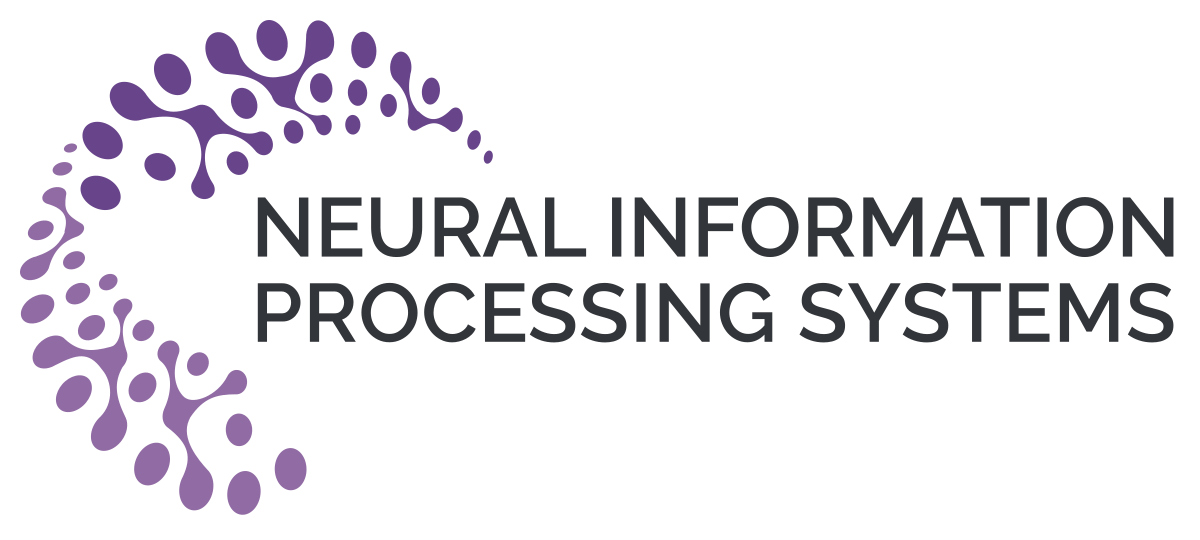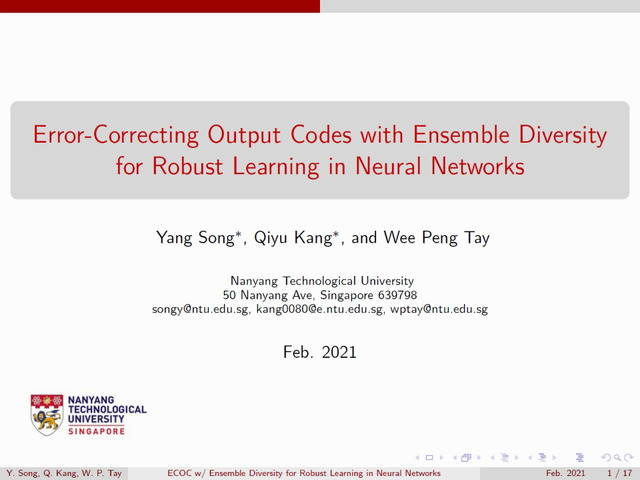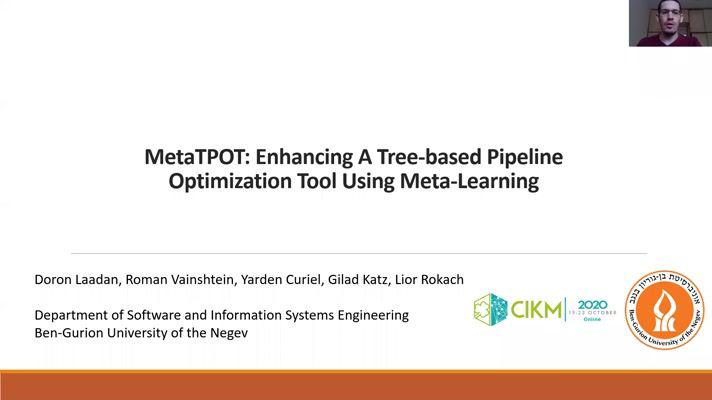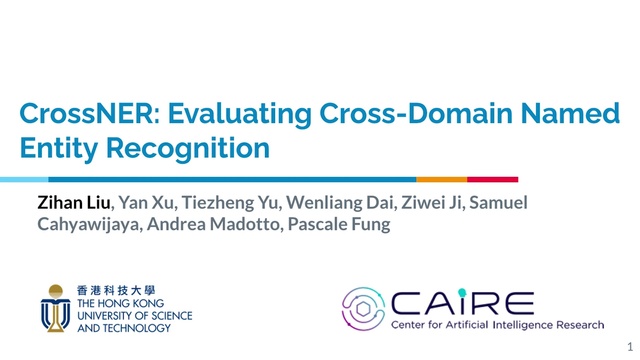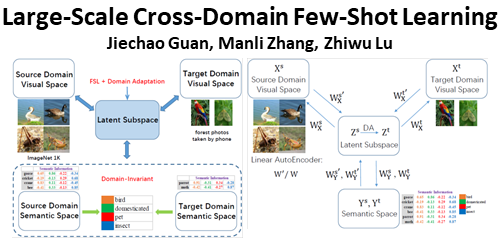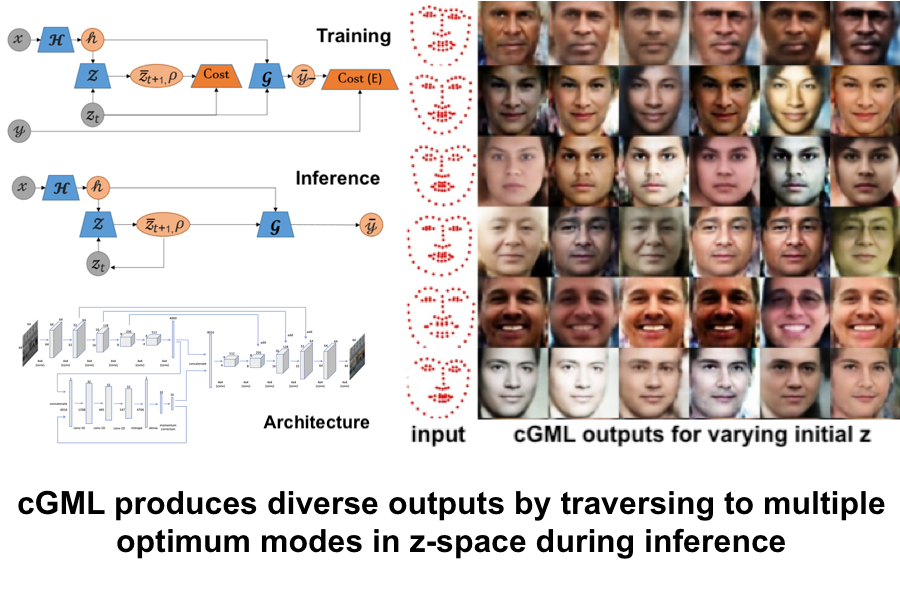Abstract:
Deep learning models can accurately map genomic DNA sequences to associated functional molecular readouts such as protein-DNA binding data. Base-resolution importance (i.e. "attribution") scores inferred from these models can highlight predictive sequence motifs and syntax. Unfortunately, these models are prone to overfitting and are sensitive to random initializations, often resulting in noisy and irreproducible attributions that obfuscate underlying motifs. To address these shortcomings, we propose a novel attribution prior, where the Fourier transform of input-level attribution scores are computed at training-time, and high-frequency components of the Fourier spectrum are penalized. We evaluate different model architectures with and without our attribution prior, training on genome-wide binary labels or continuous molecular profiles. We show that our attribution prior significantly improves models' stability, interpretability, and performance on held-out data, especially when training data is severely limited. Our attribution prior also allows models to identify biologically meaningful sequence motifs more sensitively and precisely within individual regulatory elements. The prior is agnostic to the model architecture or predicted experimental assay, yet provides similar gains across all experiments. This work represents an important advancement in improving the reliability of deep learning models for deciphering the regulatory code of the genome.

